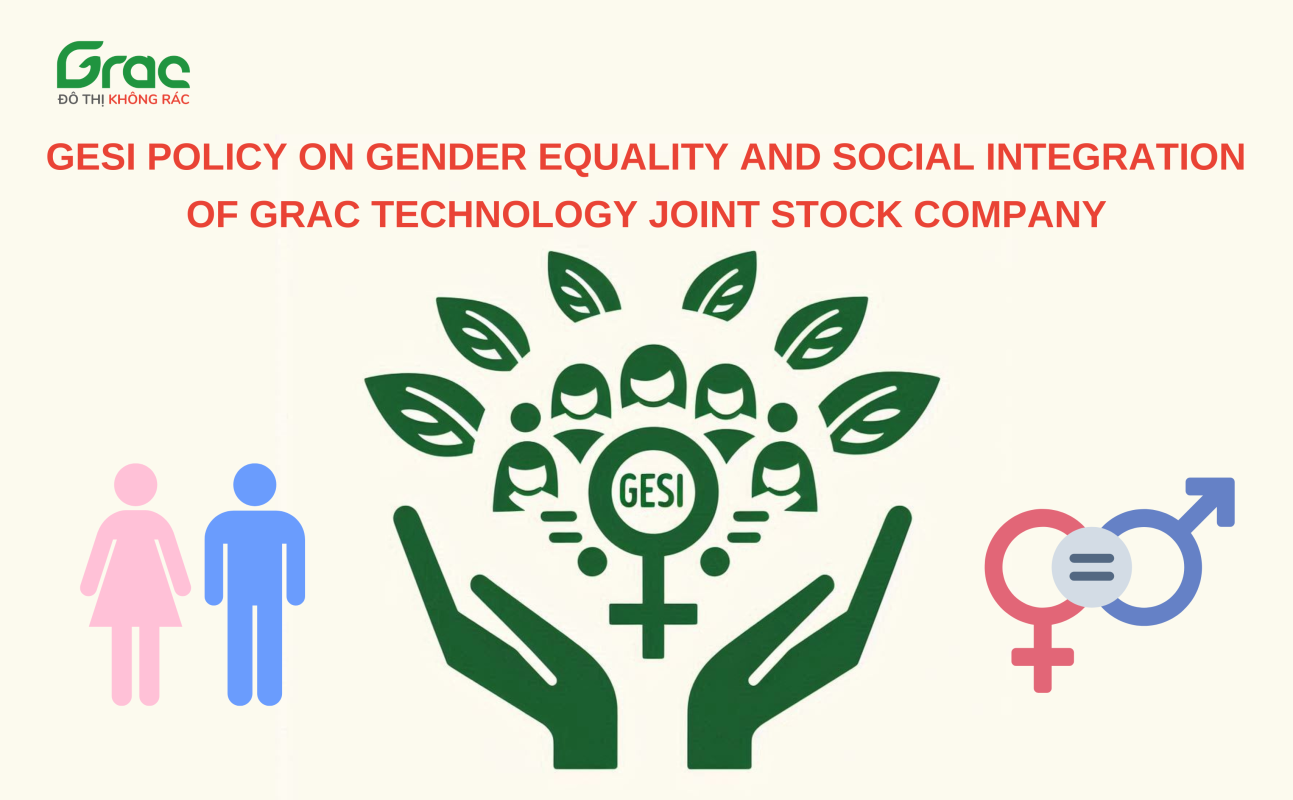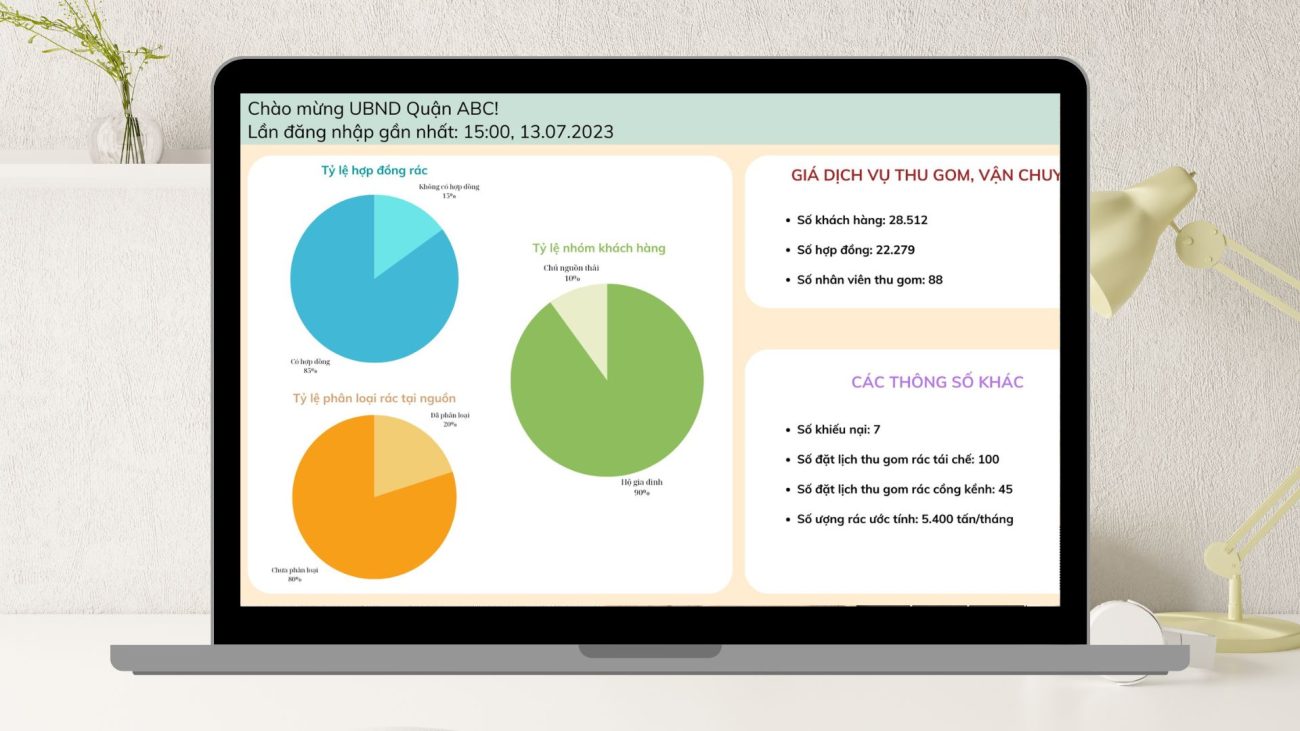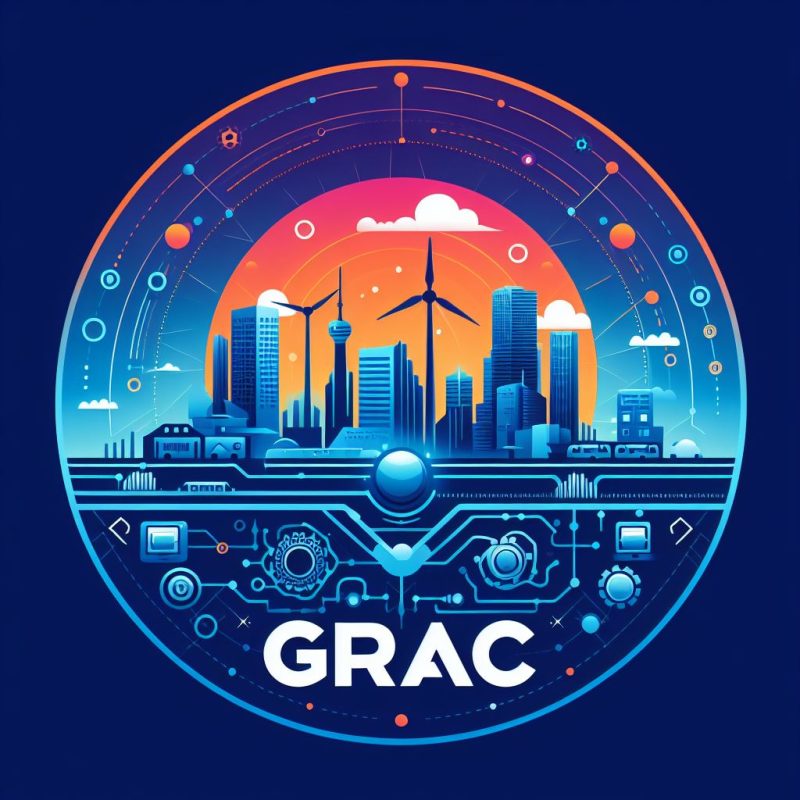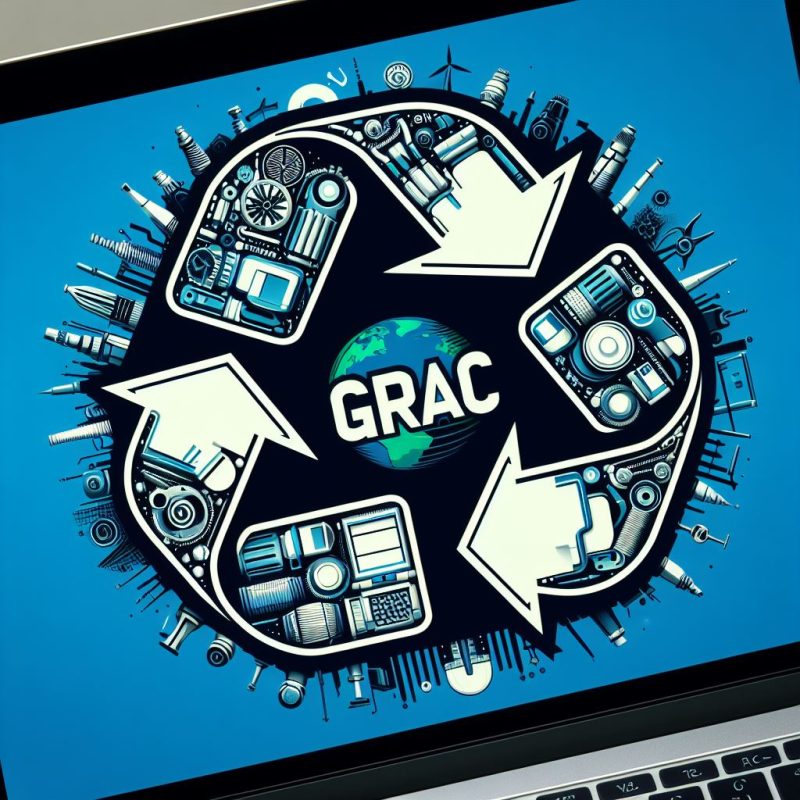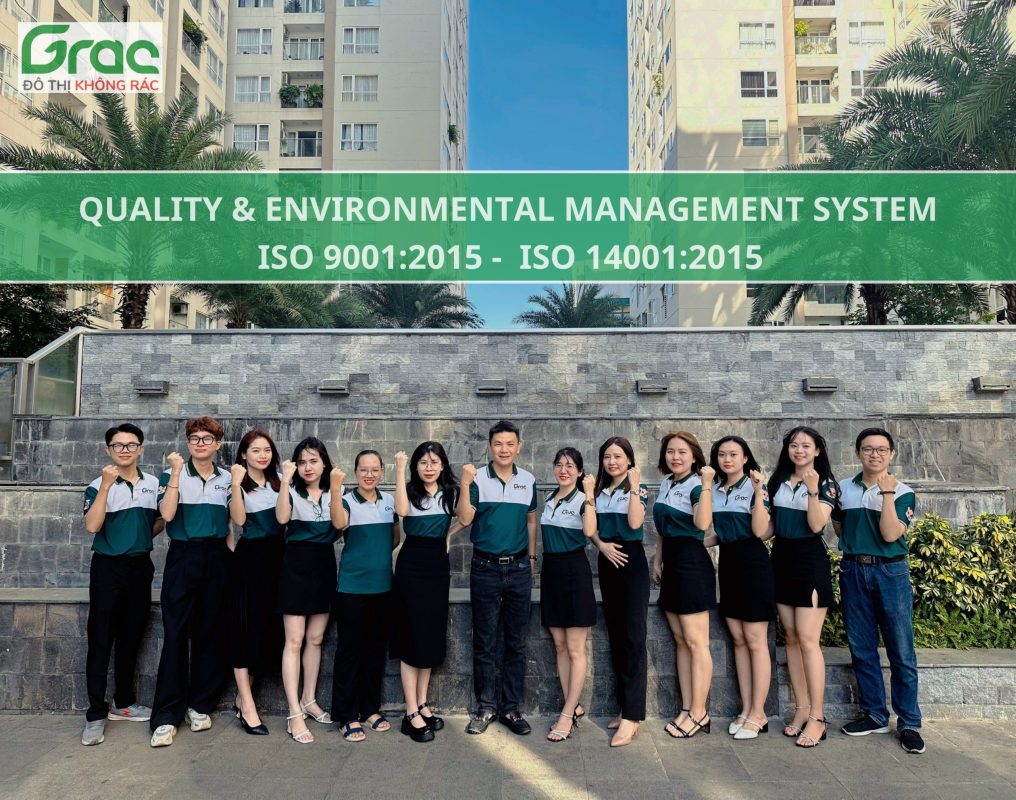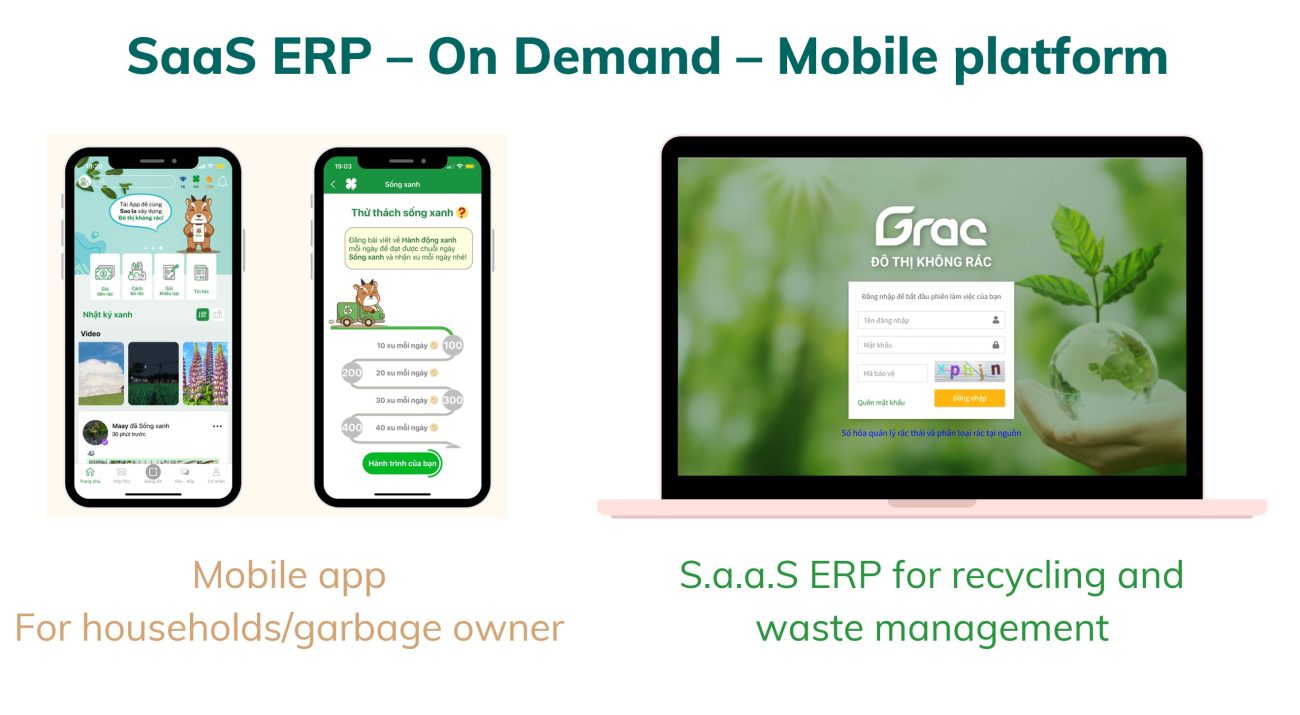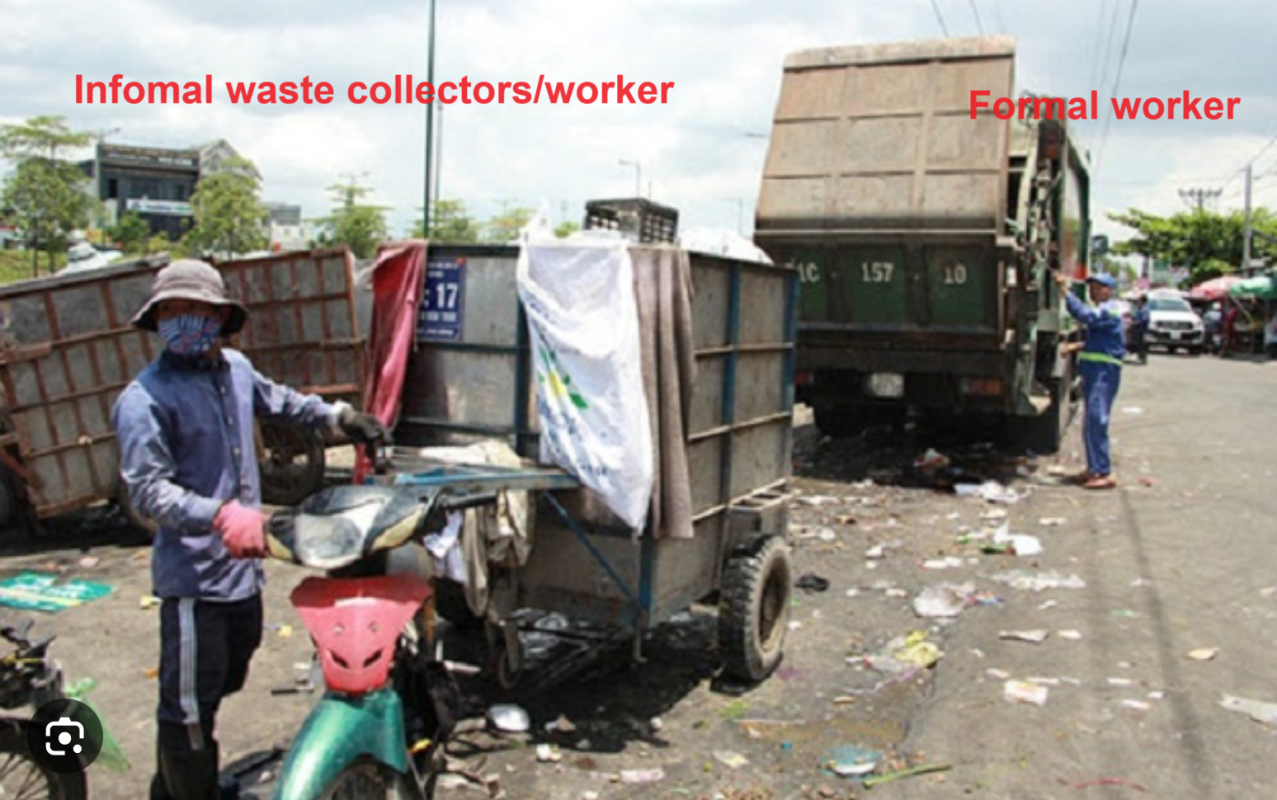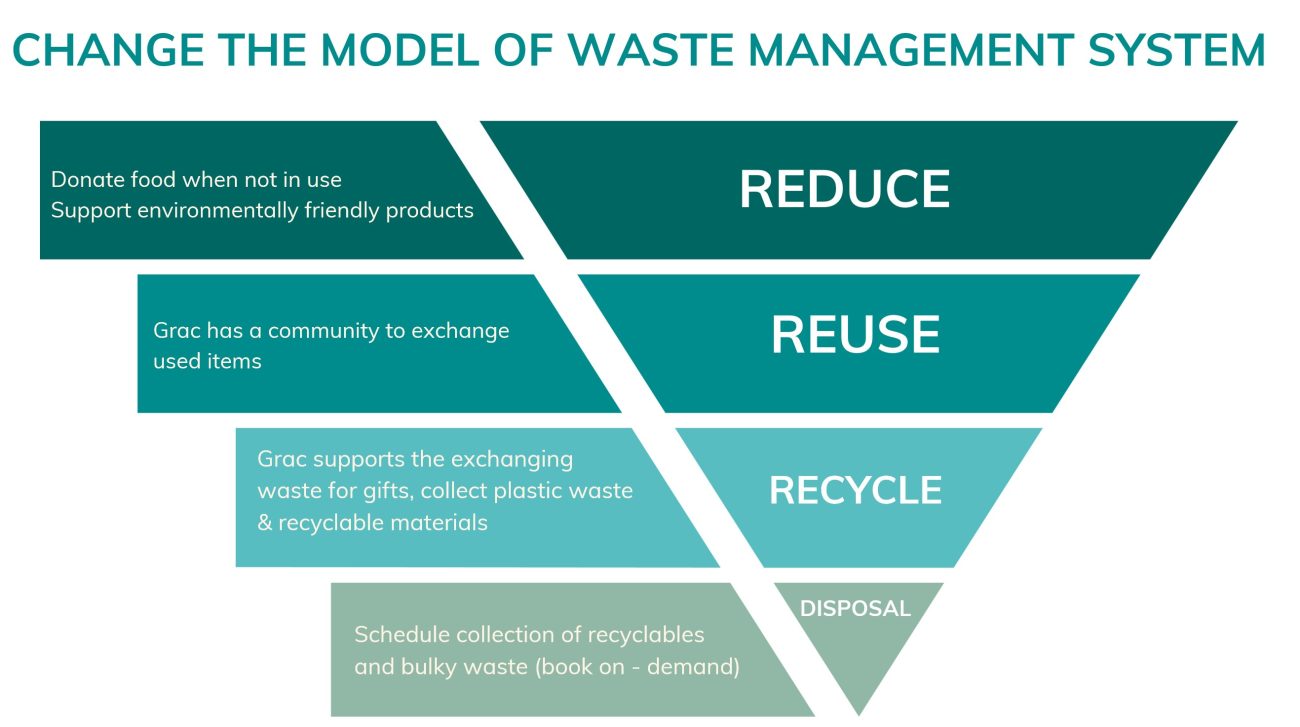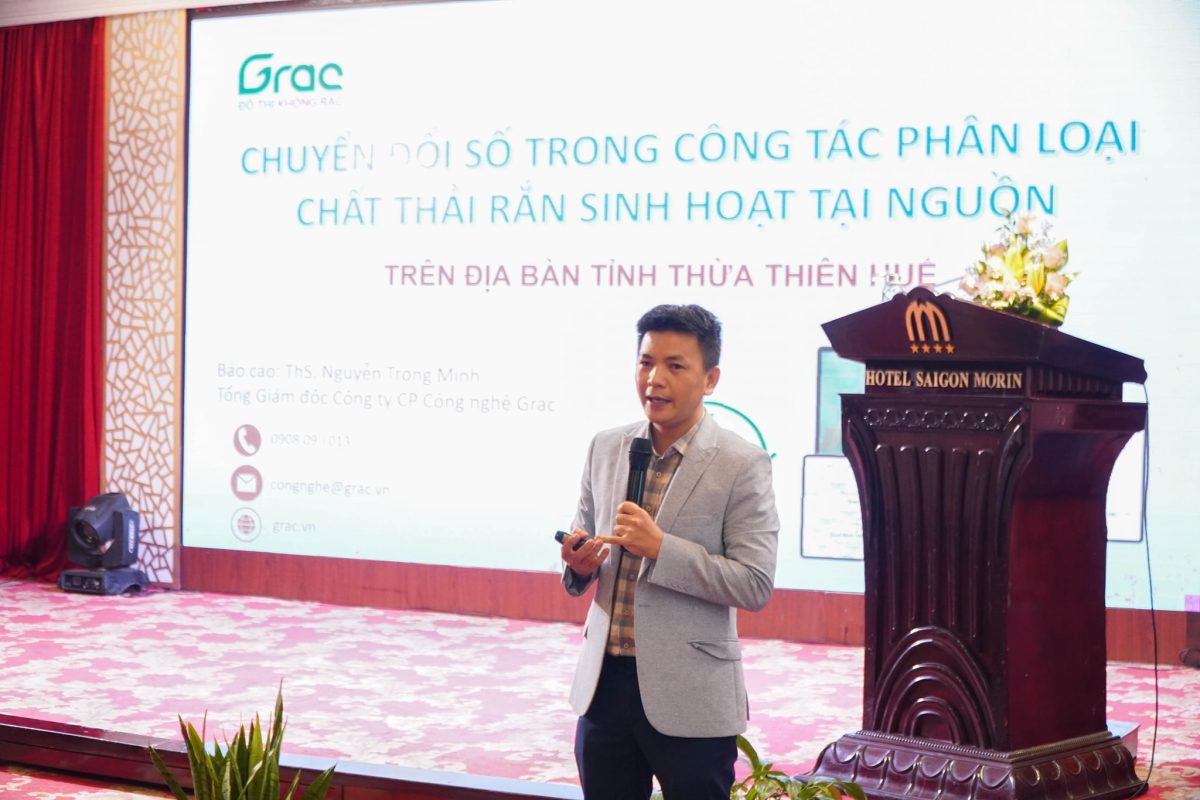Grac is reducing municipal solid waste in Vietnam
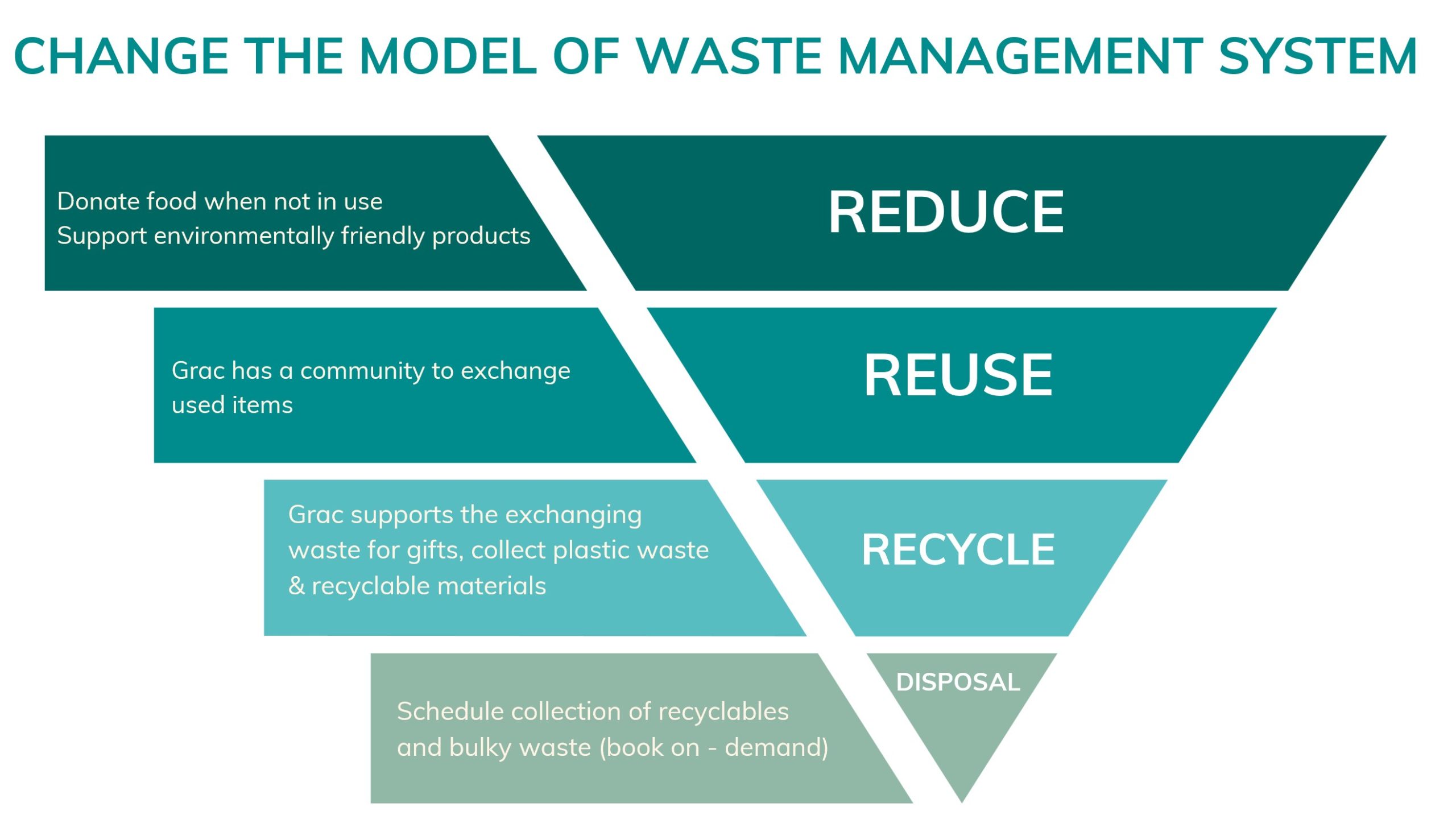
Grac is reducing municipal solid waste in Vietnam
Grac Vietnam, with its software and app, can play a significant role in transforming cities into zero-waste cities. Here’s how:
- Online Waste Market: Grac allows users to find, trade, and recycle items, reducing waste and promoting sustainability.
- Incentives for Recycling: The app incentivizes users to recycle and make smarter decisions about waste.
- Community Building: The app connects users with a community of like-minded individuals interested in reducing waste.
- Education: The app educates users about sustainability and how they can reduce their environmental impact.
- Connection with Local Businesses: The app connects people with local businesses that practice zero-waste principles.
- Digital Transformation of Waste Management: The Grac software provides management tools for waste collection units and authorities.
In Vietnam, there’s a growing movement towards zero waste, with a number of people, businesses, and organizations advocating for green alternatives. . This project will model local solutions centered on a social business-driven approach. The Grac software and app can support these initiatives by providing digital solutions for waste management and promoting sustainable practices among users. However, specific regulations on waste sorting and infrastructure for separate collection and treatment of different types of waste are needed.
In conclusion, Grac Vietnam can contribute significantly to the zero-waste movement in Vietnam by promoting waste reduction, recycling, and sustainable practices through its software and app.
Reducing municipal solid waste can significantly reduce greenhouse gas (GHG) emissions. Here’s how:
- Landfill Gas Recovery: The reduction in emissions from solid waste disposal follows from an increase in the recovery of landfill gas and a reduction in the amount of landfilling.
- Less Incineration: With more waste being recycled, less of it needs to be landfilled or incinerated, which contributes to protecting the climate.
- Waste Reduction Solutions: Solutions like segregation, composting, and recycling could reduce the sector’s total emissions by 84%.
- Source Reduction and Recycling: Recognizing the potential for source reduction and recycling of municipal solid waste (MSW) to reduce GHG emissions, the EPA included a source reduction and recycling initiative.
- Wastewater Management: Wastewater management can minimize GHG generation and emissions.
In conclusion, reducing municipal solid waste not only helps in managing waste effectively but also plays a crucial role in mitigating climate change by reducing GHG emissions.

